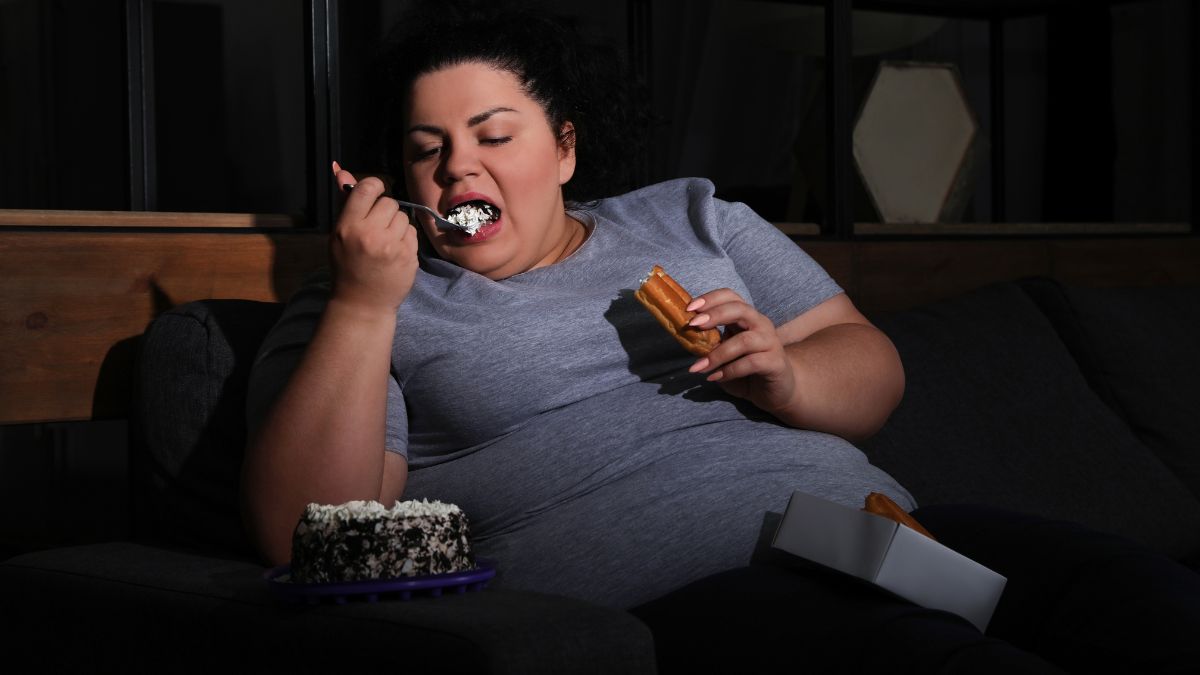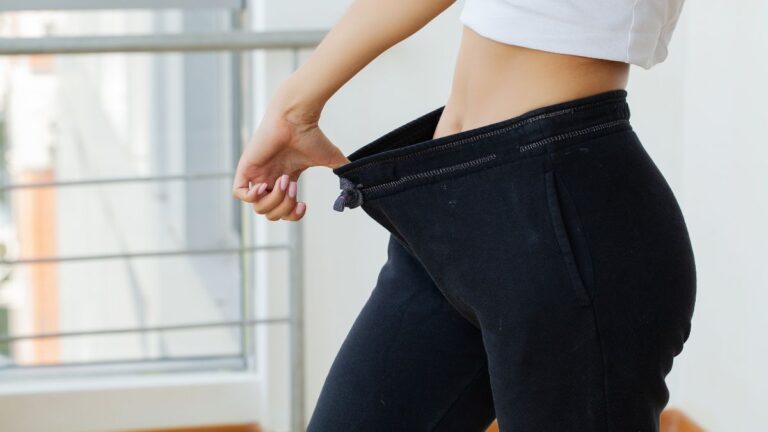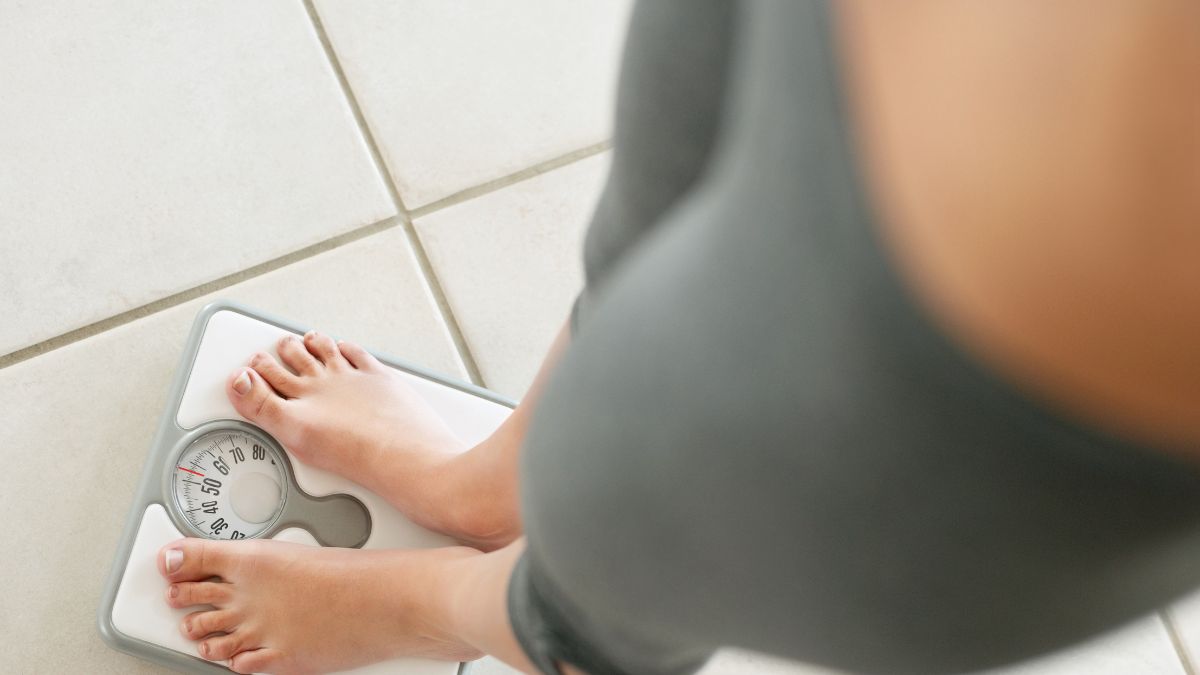Have you ever stayed up late only to find yourself snacking on unhealthy foods that you wouldn’t normally eat during the day? And if so, then you’ve probably wondered if eating late at night could be the cause of your weight gain. While it is true that eating late at night can be bad for your health, the answer to the question of whether or not it leads to weight gain is a bit more than what meets the eye. In this blog, we’ll explore the link between eating late at night and weight gain to help shed some light on the topic. So, keep reading, and soon you’ll be able to make an informed decision about when it’s best for you to eat!
Can Eating Late at Night Cause Weight Gain?
We all sometimes find ourselves wanting to snack late at night – whether it be because of stress, watching late-night TV, or just because it’s there. But what if late-night snacking could be causing you to gain weight? Unfortunately, the answer is yes – to an extent. Eating late at night increases your risk of weight gain because it often leads to overeating and can disrupt your sleep cycle.
Eating late at night can lead to weight gain because it leads to eating more calories than you need. Late-night eaters tend to consume more high-calorie, sugary snacks that are packed with empty calories and little to no nutritional value. It could be something as simple as a candy bar or a bowl of ice cream – and while these snacks may be fine to have occasionally, when you’re eating them late at night, it can add up quickly and lead to weight gain. You can change this dynamic by introducing intermittent fasting which will help you manage your calorie intake. Just shift your meals by 4 to 6 hours in the morning to account for a late night snack.
Another reason why eating late at night can lead to weight gain is that it can disrupt your sleep cycle. Eating late at night can cause your body to produce more cortisol – a stress hormone that can make it harder for you to get a good night’s sleep. This can lead to fatigue and lack of energy the next day, which can make it harder for you to stick to a healthy diet and exercise routine. It also interrupts the balance of ghrelin, the hunger hormone, in your body. Research shows that people who experience less than 5 hours of GOOD sleep tend to have increased levels of ghrelin which tells your body to eat more. Every night you have a late night snack leads to more late night snacking.
So, while eating late at night can increase your risk of weight gain, it doesn’t mean that you have to cut out late-night snacks altogether. It just means understanding the risks and making conscious choices about food type and times of eating can help you maintain weight loss when it comes to late-night snacking. You may also learn the surprising relationship between sleeping well and weight loss so that you understand the connection between sleeping on time, eating on time, and losing weight. Finally, remember that everything about weight loss is about moderation and balance – from the types of food you eat to the time of day you eat and everything else in between!
Tips to Late Night Snacking
If you’re someone who finds themselves snacking late at night, there are some simple tips that can help reduce your risk of weight gain. First, try to stick to a consistent sleep schedule so that you can avoid late-night snacking. Getting the right amount of sleep is essential for your overall health, not just for weight loss.
Second, plan ahead when it comes to late-night snacks. If you know you’re going to be up late, pack a light snack that’s high in protein and fiber so that you can satisfy your hunger without overdoing it on the calories. You may consider eating the following:
- A handful of nuts
- An apple with peanut butter
- Celery sticks with hummus
- Yogurt with berries
- Whole wheat toast with a light spread
- Carrots and dip
- Popcorn
Finally, make sure you’re drinking plenty of water. Yes even at night and try not worry about nighttime voiding, as you are already up anyways! I strongly suggest drinking at least 2 liters of water daily to stay hydrated. This will also help you feel fuller for longer and can help prevent overeating. You may even start incorporating healthy teas like ginger tea and peppermint tea before bedtime to help you relax and stay hydrated. Overall, I suggest taking note of your patterns and making the necessary changes to avoid binge eating late at night. Then use this information to adjust diet, meal times, or meal prepping. Plus, I am always here to provide help and support – so don’t hesitate to reach out!
To Conclude
Eating late at night can lead to weight gain, but that doesn’t mean you have to cut out late-night snacks altogether. With my program for women weight loss in Spokane and the tips listed above, you will not only be able to reduce your risk of weight gain, but you’ll also be on track to achieving and maintaining a happy and healthy lifestyle! So, if you’re looking to start your weight loss journey, be sure to reach out!










